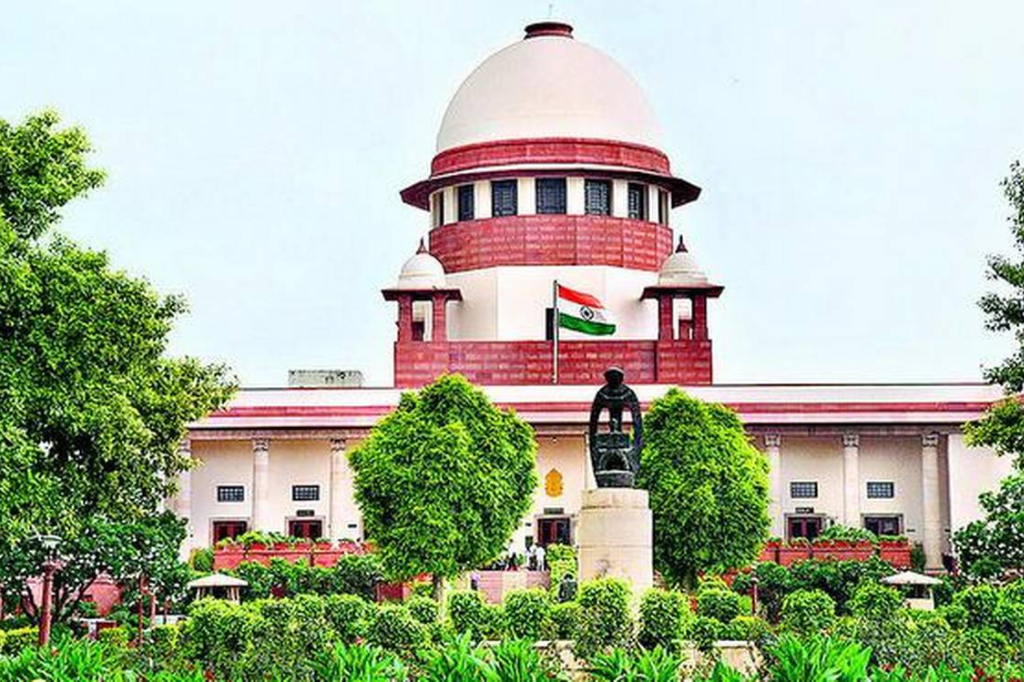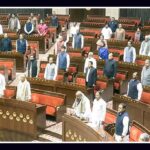In a significant development, the Centre informed the Supreme Court on Wednesday, May 21, that while waqf is an Islamic concept, it is not an essential or mandatory part of the religion. Representing the government, Solicitor General Tushar Mehta made the submission during an ongoing hearing regarding petitions challenging the validity and functioning of waqf laws.
Mehta explained that while waqf, which involves charitable donations, is a feature of Islam, similar practices exist in other religions. He cited charity in Christianity, the structured system of donations in Hinduism, and similar practices within the Sikh community, emphasizing that charity is not exclusive to Islam.
Refuting claims that waqf institutions date back over a century without proper documentation, Mehta pointed out the importance of records, highlighting that the 1923 Waqf Act mandates that if documents exist, they must be submitted. He stressed that in the absence of such records, individuals must provide information regarding the origins of waqf properties, especially if the claims go back 100 years.
Mehta also defended the inclusion of non-Muslim members on waqf boards, stating that their presence did not interfere with religious activities. He explained that the board’s functions were primarily administrative, focusing on property management and accounting, which are subject to audits.
Addressing concerns about the registration process, Mehta reiterated that the law provides a six-month window for waqf property registration, and anyone who has failed to register still has the opportunity to do so. He rejected claims that waqf properties were being unlawfully seized, stating that the requirement for registration is necessary to ensure the legitimacy of the properties.
The case is being closely watched, as it could have a significant impact on the governance and regulation of waqf institutions, balancing religious practices with legal frameworks.







